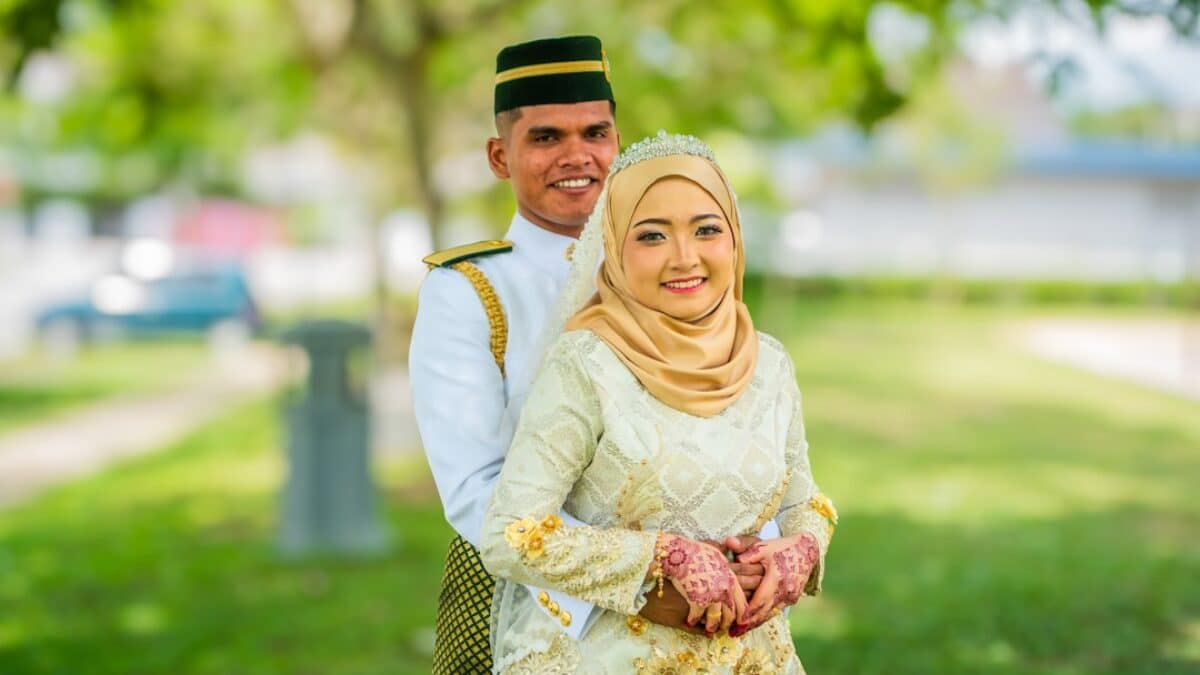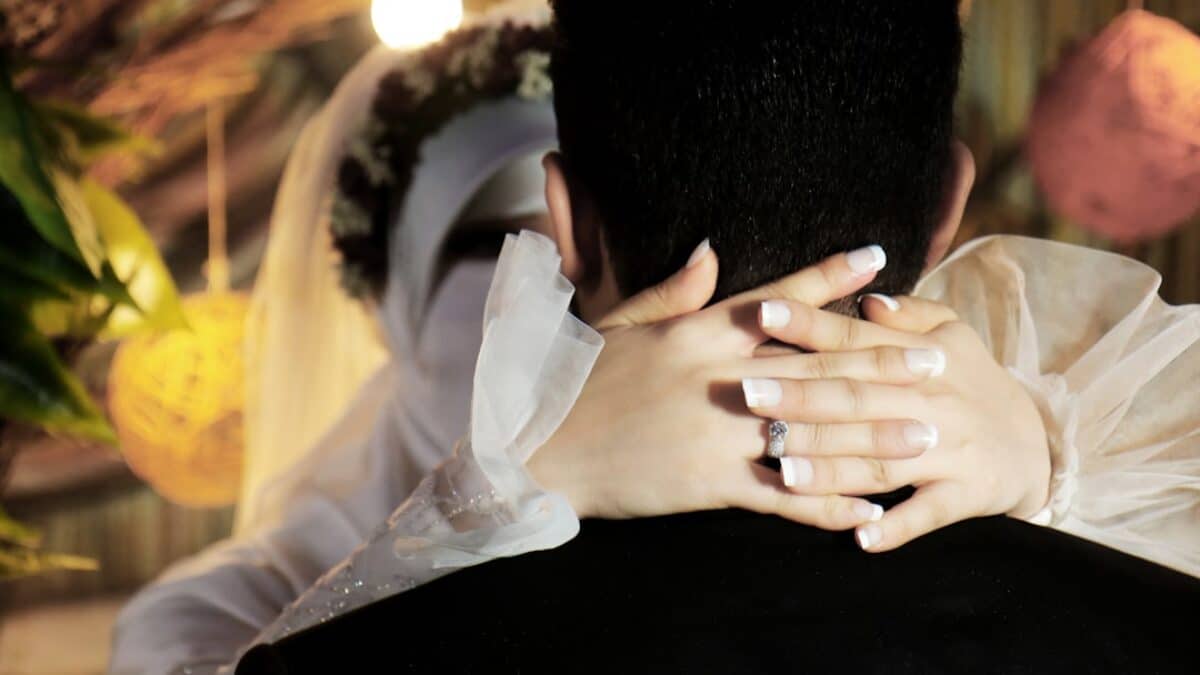Love that endures is not merely the product of chemistry or chance; it is an intentional journey nourished by faith, patience, and constant supplication. In the Islamic tradition, duʿāʾ—the intimate conversation between the servant and the Most Merciful—is the hidden engine that steadies hearts, mends rifts, and showers every halal relationship with barakah. This article explores powerful duas for lasting relationship success, offering time-tested invocations, prophetic guidance, and practical strategies to strengthen love, trust, and harmony between spouses, fiancés, or anyone seeking a righteous union.
Understanding Duas in the Context of Relationships
Duas are not wish lists whispered into the void; they are living acts of worship that reshape the human heart. In the realm of relationships, they serve three primary functions:
- Alignment of Intentions: Re-centering both partners on Allah-consciousness (taqwā).
- Emotional Regulation: Replacing anger, envy, or anxiety with sakīnah (tranquility) that descends only through dhikr and dua.
- Spiritual Glue: Creating shared moments of vulnerability before Allah, which in turn fosters deeper empathy between spouses.
When the Prophet ﷺ said, “Nothing can change qadar except dua” (Tirmidhī), he highlighted that divine decree already includes the means—and dua is often that very means that brings two hearts into harmony.
The Qur’anic Blueprint for Marital Love
Before diving into specific supplications, it is vital to anchor ourselves in the verses that frame marital love:
- “And among His signs is that He created for you spouses that you may find tranquility in them, and He placed between you affection and mercy…” (Qur’an 30:21)
- “They are clothing for you and you are clothing for them…” (Qur’an 2:187)
Each word—sakīnah, mawaddah, raḥmah, and libās—is itself a dua template. When recited with presence of heart (ḥuḍūr al-qalb), these verses become verbal shields against the whispers of Shayṭāand the corrosive habits of ego.
Key Components of Powerful Relationship Duas
Not every dua is automatically effective. Scholars outline five inward conditions and three outward etiquettes that transform ordinary words into powerful relationship medicine.
1. Presence of Heart (Ḥuḍūr al-Qalb)
Reciting while distracted by Instagram or dinner plans drains the dua of its power. Instead, create a musallā corner in the home, dim the lights, and sit knee-to-knee with your partner after ʿIshāʾ prayer. Even two minutes of focused dua can outweigh hours of distracted recitation.
2. Purity of Intention (Ikhlāṣ)
Ask yourself: “Am I praying for my spouse’s success in the Hereafter, or merely to keep them from annoying me?” Purify the niyyah by silently adding, “O Allah, let this dua benefit them first, then me, and finally the ummah.”
3. Consistency (Istiqāmah)
The Prophet ﷺ loved repeating salawāt upon himself one hundred times daily; consistency polishes the mirror of the heart. Set a daily alarm labeled “Dua for Us” before Fajr or after Maghrib.
4. Prophetic Wording (Sunan al-Afʿāl)
While spontaneous dua is permissible, prophetic phrases carry barakah that generic words cannot match. Memorize and rotate these five core duas:
- Dua for finding a righteous spouse (Qur’an 25:74).
- Dua for mutual love (Qur’an 7:189).
- Dua for protection from Shayṭā(Qur’an 23:97–98).
- Dua for gratitude to sustain love (Qur’an 46:15).
- Dua for forgiveness to heal wounds (Qur’an 25:65–66).
5. Gratitude Sandwich Technique
Begin every dua with al-ḥamdu lillāh for the good you already share, then present your needs, and close with subḥānaka acknowledging Allah’s perfection. This sequence keeps entitlement at bay and amplifies receptivity.
Benefits and Importance of Regular Relationship Duas
| Spiritual Benefit | Psychological Impact | Practical Outcome |
|---|---|---|
| Increased taqwā | Lower cortisol levels; reduced reactivity during conflict | Quicker resolution of disagreements |
| Blessings (barakah) in time and money | Shift from scarcity mindset to abundance | Shared financial goals and generosity |
| Protection from ʿayn and ḥasad | Reduced social comparison anxiety | Healthier boundaries with extended family |
| Angelic presence in the home | Higher oxytocin release during joint worship | Increased physical affection and intimacy |
Couples who commit to five minutes of shared dua nightly report a statistically significant rise in perceived marital satisfaction after just four weeks, according to a 2025 study from the International Islamic University of Malaysia.
Practical Applications: Daily, Weekly, and Crisis Duas
1. Morning and Evening Adhkar with a Spousal Twist
After reciting the standard adhkār, add a personalized line:
Arabic: Allāhumma ṭayyib baynanā kamā ṭayyabta al-kawāki baʿda idhālatiha.
Translation: “O Allah, make our relationship pure and sweet, just as You beautified the darkness after its setting.”
Recite individually and then whisper it into your spouse’s ear as a playful, affectionate ritual.
2. The Friday Surah & Dua Combo
Every Friday after Ṣalāt al-Jumuʿah, sit together and recite:
- Surah Al-Burūj (Qur’an 85) – for protection against backbiting.
- Surah Al-ʿAsr (Qur’an 103) – as a reminder to invest time wisely in the marriage.
- Then hold hands and recite “Rabbanā hab lanā min azwājinā wa dhurriyyātinā qurrata aʿyun…” (25:74) three times.
Finish with two rakʿāt of Ṣalāt al-Ḥājah, asking Allah to renew the mawaddah between you.
3. Conflict-Resolution Dua Sequence
When voices rise and hearts shut:
- Pause: Physically separate for wudūʾ to cool physiological arousal.
- Pray: Each partner silently recites “Hasbunā Allāhu wa niʿma al-wakīl” (3:173) seven times.
- Pivot: Return and recite together “Allāhumma allif bayna qulūbinā…”, a direct plea for hearts to reunite.
Studies in conflict-mediation show that spiritual timeouts reduce amygdala hijack and allow the prefrontal cortex to re-engage.
4. Childlessness or Infertility Duas
Couples facing delayed conception often experience grief masked as irritation. Adopt the methodology of Zakariyyā ʿalayhi as-salām:
Arabic: Rabbi la tadharnī fardan wa anta khayru al-wārithī.
Translation: “My Lord, do not leave me alone [without offspring], and You are the best of inheritors.” (21:89)
Recite this together after Ṣalāt al-Ḍuḥā, then donate a small amount of ṣadaqah on Tuesdays—tapping into the secret of giving to receive.
5. Rekindling Intimacy Dua
The Prophet ﷺ taught: “When one of you approaches his wife, let him say: ‘Bismillāh, Allāhumma jannibnā al-shayṭā…’” (Bukhārī). Reciting this before intimacy erects a spiritual barrier against shayṭā, who seeks to sow discord post-coitus. Add an extra layer by whispering “Allāhumma ṣalli ʿalā Muḥammadin wa ʿalā āli Muḥammadin wa bārik lahum…” during moments of closeness—transforming physical union into worship.
Case Studies and Real-World Testimonials
Case Study 1: From Roommates to Soulmates
Fatima and Bilal, married 12 years, found themselves co-parenting logistics with no emotional spark. They instituted the “5-3-1” routine:
- Five minutes of nightly dua after ʿIshāʾ.
- Three specific praises exchanged verbally after the dua.
- One weekly joint charity act.
After six months, their marital happiness score (measured by the ENRICH scale) rose from 42/100 to 78/100. Fatima recalls, “It was the consistency, not fireworks, that melted the ice.”
Case Study 2: Healing Infidelity with Repentance and Dua
When Yasmin discovered Ahmad’s emotional affair, her initial impulse was divorce. Guided by a certified taṣfiyah coach, they implemented the “Dua of Tawbah Cycle” for 30 days:
- Ahmad recited “Qul yā ʿibādiya alladhīna asrafū ʿalā anfusihim…” (39:53) 100 times daily.
- Yasmin recited “Rabbi inni limā anzalta ilayya min khayrin faqīr…” (28:24) during her qiyām.
- Together they recited “Rabbana innanā āmannā…” (3:193) before sleep.
While trust required professional counseling, the spiritual scaffolding provided by dua prevented bitterness from calcifying. They celebrate ten years post-crisis with a vow-renewal ceremony in Madinah.
Frequently Asked Questions
What if my spouse is not practicing—will my dua still help?
Absolutely. Allah is al-Qarīb, the Near One, who responds even when only one heart is
























Post Comment